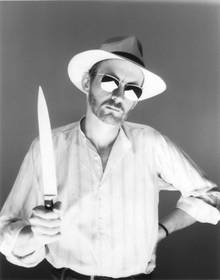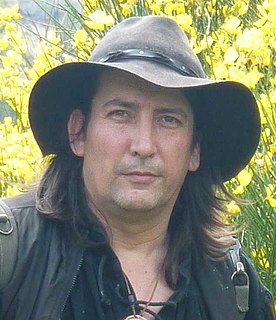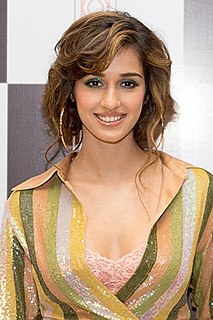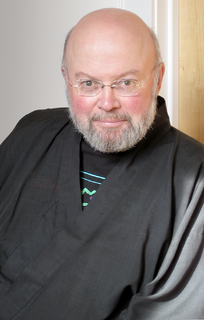A Quote by Michael O'Donoghue
I am Hollywood's hottest young, middle-aged director, but I'll write out of New York because I don't want to become a salad head. That's what you become out there: a guacamole dip.
Related Quotes
When Caroline Kennedy managed to say 'you know' more than 200 times in an interview with the New York 'Daily News,' and on 130 occasions while talking to 'The New York Times' during her uninspired attempt to become a hereditary senator, she proved, among other things, that she was (a) middle-aged and (b) middle class.
Everything I learned and didn't do in New York I would put into place here in the London West Hollywood. It's fascinating, when you look at the critics' reviews, and we had a great one in the New York Observer and all that, and then the New York Times came and it was a devastation; two stars out of four. They said that I played safe because it wasn't fireworks. Then they judged the persona over the substance that was on the plate.
When I was a TV director working on Judd Apatow's show Undeclared. I was surrounded by so many young people. People like Seth Rogen, who was 9 years old or something. It was just a ridiculous amount of talented young people. I started to think I'd like to see a young-love movie, but not one done in that glossy, Hollywood, high-concept manner we've become accustomed to. One that was, for lack of a better way of putting it, a little more ambiguous, '70s-style, where everyone was flawed, middle-class characters.
I'm drawn to write about upstate New York in the way in which a dreamer might have recurring dreams. My childhood and girlhood were spent in upstate New York, in the country north of Buffalo and West of Rochester. So this part of New York state is very familiar to me and, with its economic difficulties, has become emblematic of much of American life.
[When we drop our agendas] we begin to cultivate a mind of true goodness and compassion, which comes out of a concern for the Whole. As we live out of such a mind, we become generous, with no sense of giving or of making a sacrifice. We become open, with no sense of tolerance. We become patient, with no sense of putting up with anything. We become compassionate, with no sense of separation. And we become wise, with no sense of having to straighten anyone out.






































